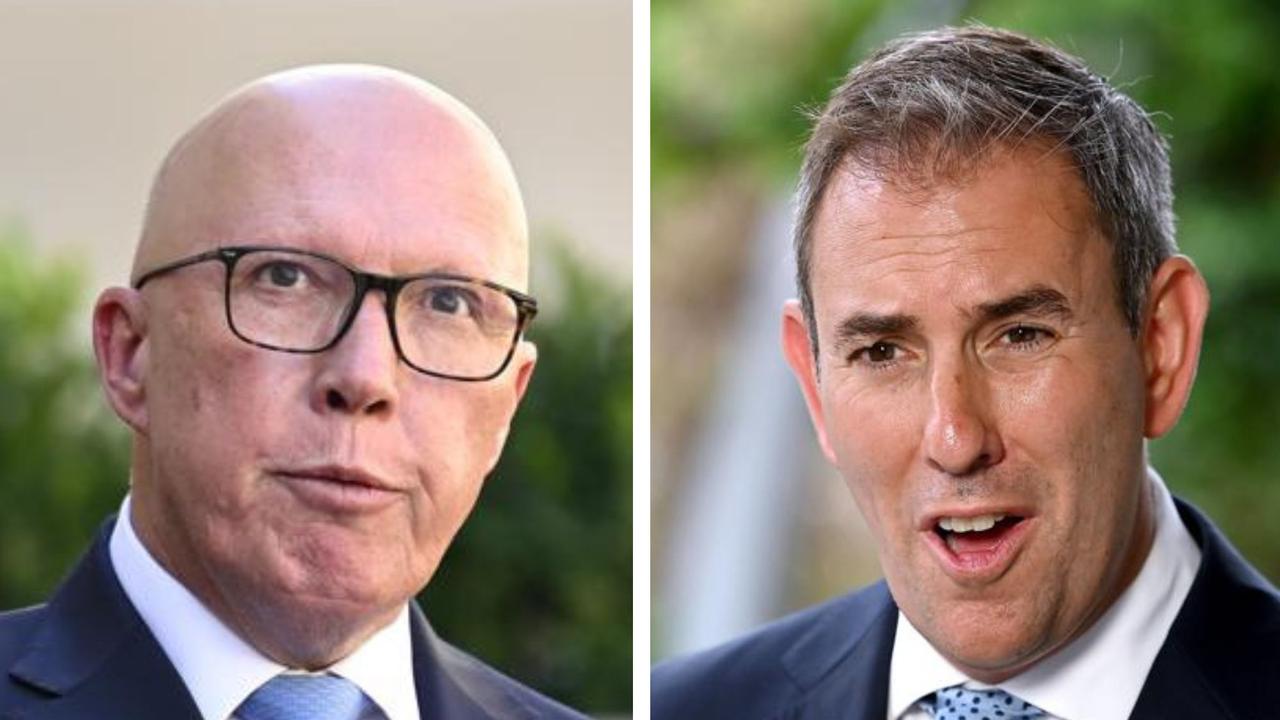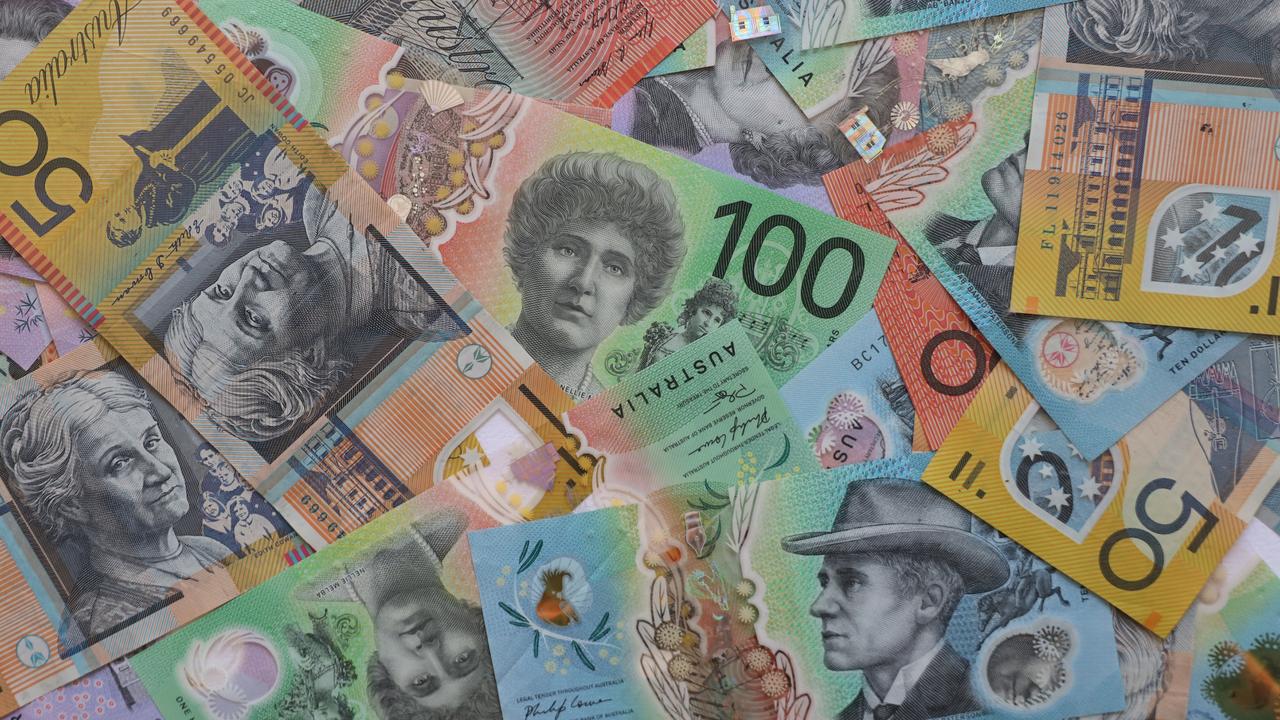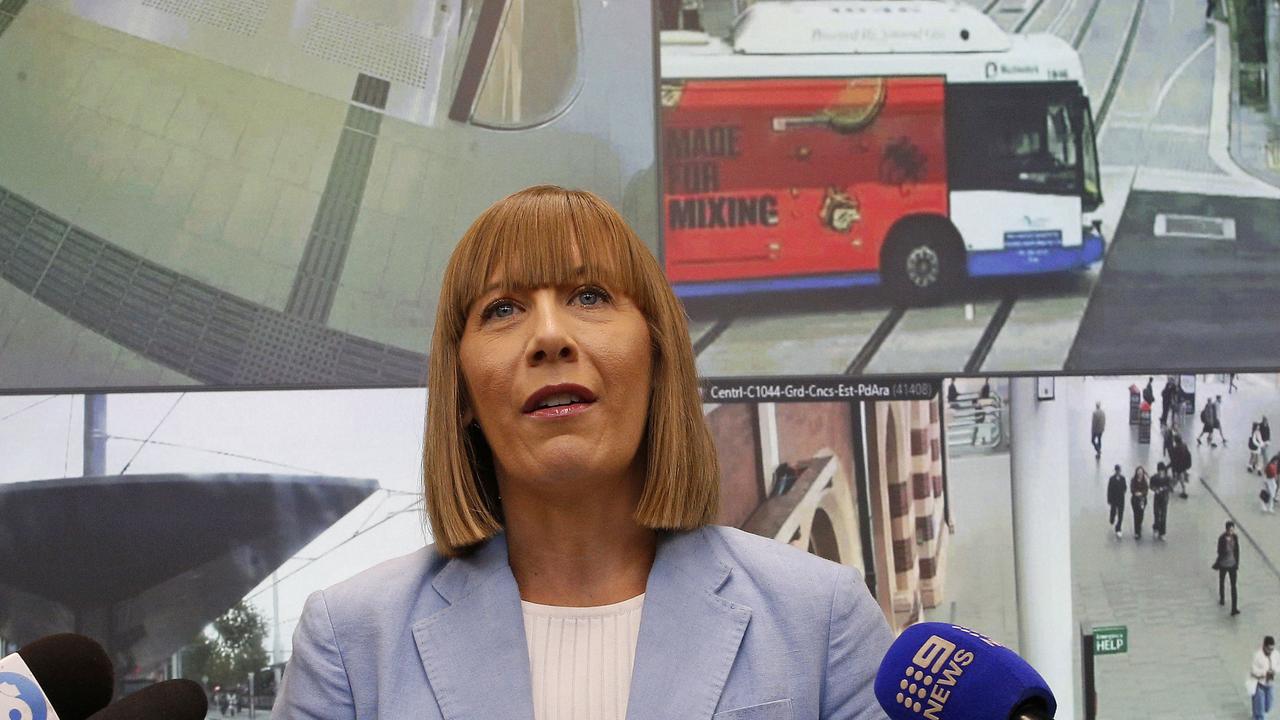Governments accused of hiding evidence amid renewed push to raise criminal responsibility age
Australia has been accused of having one of the world’s worst criminal justice policies for children and lacking ‘political courage to act’.
State and federal governments have been accused of silencing expert evidence by an extensive network of lawyers, doctors and advocates who support raising the criminal age of responsibility.
The Meeting of Attorneys-General (MAG) began a public inquiry more than two years ago to investigate potential reforms to raise the criminal age of responsibility from 10 to 14.
Of the 93 submissions to the inquiry from legal, medical and youth groups, 88 gave governments clearance to make their views made public.
But despite various freedom of information requests and questions in the Senate, the MAG has refused to release the investigation’s findings and faces overwhelming criticism that it is sitting on the report after a draft was completed back in mid-2020.
In October, more than 50 organisations who support the reform wrote a joint letter to the MAG chair and the working group demanding the submissions be released in the “interest of transparency and public accountability”.
This was also rejected.
On Wednesday, however, nearly 50 groups banded together to release their submissions supplied to the inquiry in a renewed effort to lobby for reform.
Organisations including the Australian Medical Association, Human Rights Law Centre, Red Cross, Queensland Human Rights Commission and multiple Aboriginal legal centres released a joint statement demanding “urgent reform for the physical and psychological health of nearly 600 children under 14 who are locked up in prisons each year in Australia”.
RELATED: Labor pledges $91m to reduce Aboriginal incarceration
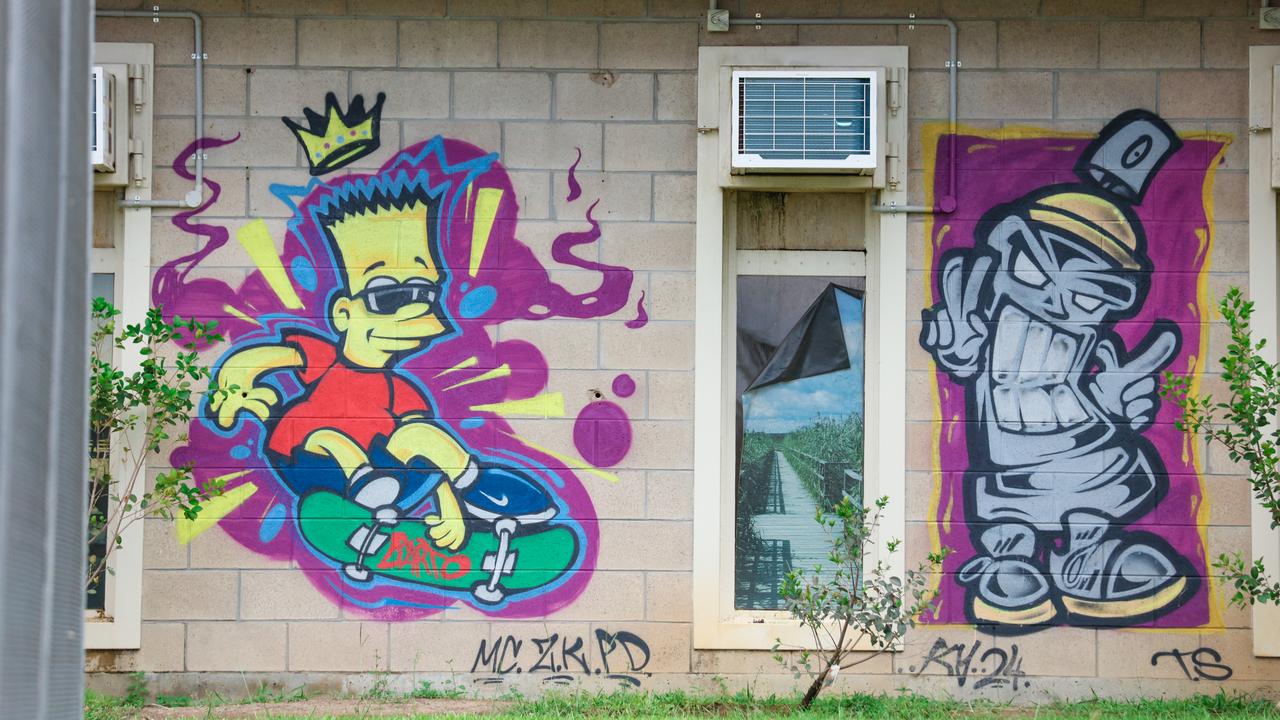
Indigenous incarceration advocacy group Change the Record accused the federal and state Attorneys-General for doing “nothing while our children languish in prisons”.
“The evidence is clear — 10-year-old children belong with their families, not in prison cells,” co-chair Cheryl Axleby said.
“I can only assume that state and territory Attorneys-General have refused to publish these submissions because they lack the political courage to act.”
On an average night in 2020, there were nearly 800 young people in detention in Australia, with 48 per cent of those being Aboriginal or Torres Strait Islander, despite this demographic representing just 6 per cent of all 10 to 17-year-olds in the country.
This means Aboriginal and Torres Strait Islander children are 17 times more likely to be in detention compared to other Australian kids.
The National Aboriginal and Torres Strait Islander Legal Service wrote in its submission that “imprisoning children is cruel and inhuman”.
Human Rights Law Centre legal director Meena Singh said it “beggars belief the chief law officers in the country could be so complacent when it comes to raising the minimum age of criminal responsibility”.
She said Australia was “totally out of step with international human rights law and international standards”.
This comparison to other jurisdictions was echoed by the Australian Medical Association, which said Australia had one of the lowest ages of criminal responsibility.
“The criminalisation of children in Australia is a nationwide problem that disproportionately impacts Aboriginal and Torres Strait Islander children,” president Tony Bartone wrote in the association’s submission.
“Most children in prison come from backgrounds that are disadvantaged ... these children often experience violence, abuse, disability, homelessness and drug or alcohol misuse.
“Criminalising the behaviour of young and vulnerable children creates a vicious cycle of disadvantage, and forces children to become entrenched in the criminal justice system.”
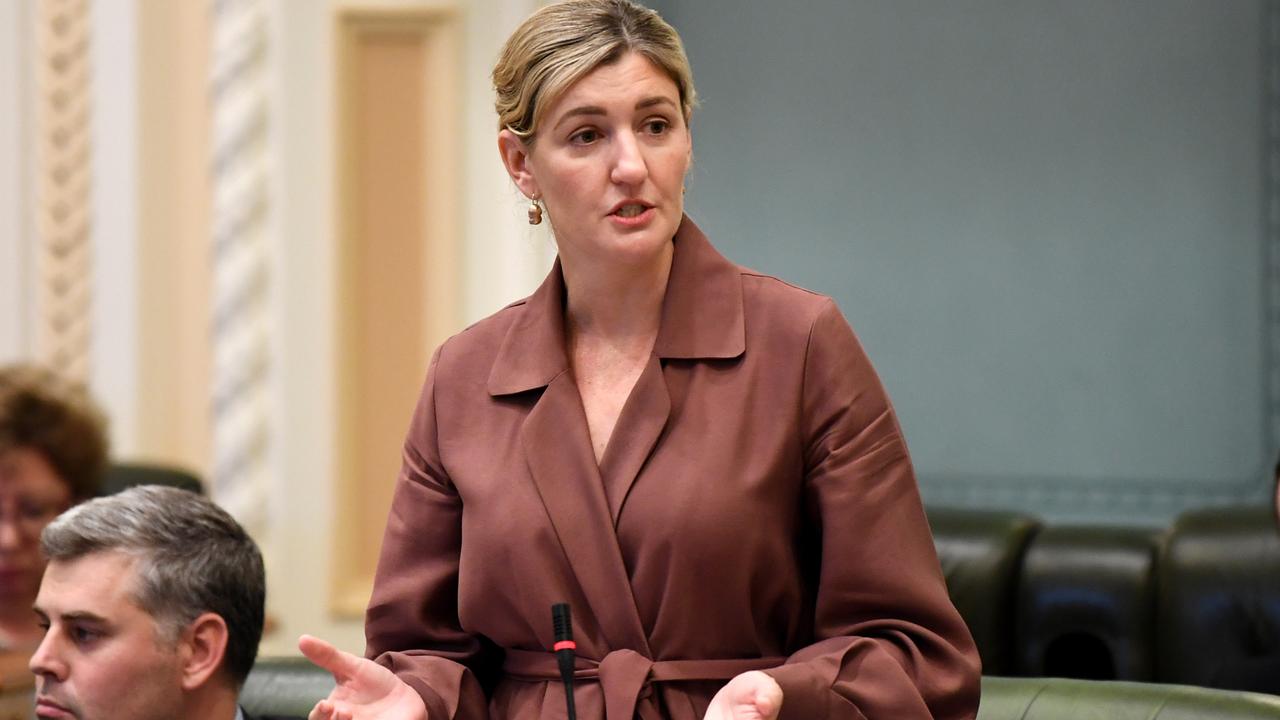
Federal Attorney-General Michaelia Cash, through a spokesperson, told NCA NewsWire the MAG agreed in July further work was needed to consider “adequate processes and services for children who exhibit offending behaviour”.
The spokesperson said work was underway to progress the inquiry out-of-session, with a time frame for the release of the findings yet to be settled on.
“The minimum age of criminal responsibility is primarily an issue for states and territories, as the overwhelming majority of offences involving children are state and territory, not Commonwealth, offences,” Ms Cash’s representative said.
“Ultimately, it will be a decision for each jurisdiction whether to raise the minimum age.”
Queensland Attorney-General Shannon Fentiman said the Palaszczuk government’s position was to oppose raising the age of criminal responsibility but it would “continue to be part of discussions with the Commonwealth and states on this issue”.


